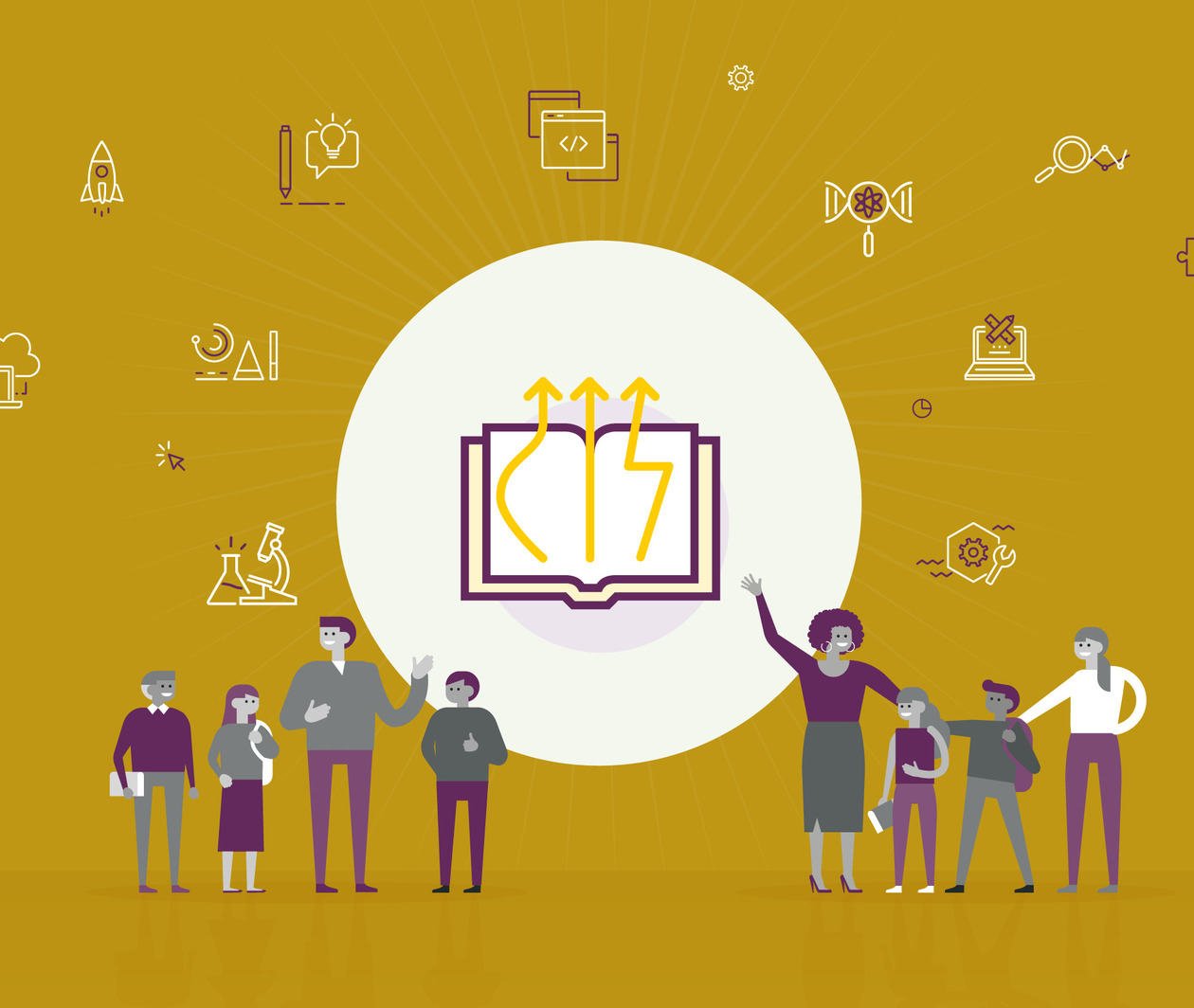Improve your teaching by developing how you provide differentiated learning opportunities for all your students.

Duration
3 weeksWeekly study
3 hours
Differentiation for Learning
Other courses you might like
This course isn't running right now. We can email you when it starts again, or check out these other courses you might like.
Browse more in Teaching
Learn effective differentiation for learning to enable all students to progress
Every student is different, entering classrooms with varying ideas and understanding. This course will help you improve your understanding and use of differentiating for learning for both primary and secondary education.
You will explore the key principles of effective differentiation for learning, see how teachers use these approaches in their classrooms, and learn how to differentiate for learning by task. Real classroom footage and examples are provided from science and maths lessons.
You will leave the course feeling confident in your ability to respond to evidence of your students’ learning and address their different needs.
What topics will you cover?
- Key principles of differentiating for learning
- Scaffolding learning to support students to develop knowledge, understanding and skills
- Creating a differentiated learning environment to motivate all learners
- The importance of challenge and ownership of learning
Differentiation for Learning builds upon formative assessment concepts introduced in:
Learning on this course
On every step of the course you can meet other learners, share your ideas and join in with active discussions in the comments.
What will you achieve?
By the end of the course, you‘ll be able to...
- Describe the key principles of differentiation for learning.
- Evaluate a range of practical ideas that can be used to scaffold students’ learning.
- Collect and analyse evidence from students on changes implemented in the classroom in order to critically reflect on own practice in order to prioritise next steps in own development
- Develop a classroom culture that motivates all learners.
- Identify approaches to increase challenge and ownership of learning within their teaching context.
Who is the course for?
This course is for teachers, curriculum leaders, newly qualified teachers, trainee teachers and others involved in teaching primary, secondary or further education (ages 5-19 years).
Examples are provided from science and mathematics to contextualise key concepts, however teachers of other disciplines will find the course useful to extend their thinking about how to support all learners they teach.
Who will you learn with?
Former physics teacher & leader, now supporting educators to develop teaching. Commissioned by National STEM Learning Centre to work with Dylan Wiliam & Chris Harrison to design & support AfL courses.
Former school teacher, academic, and university administrator, now working with teachers and leaders around the world to improve educational outcomes for young people.
Reader in Science Education and Chair of ASE 2014-2015. Lead UK Researcher on Assessment for Learning. Research interests in Inquiry-learning, professional learning and CPD.
What's included?
This is a premium course. These courses are designed for professionals from specific industries looking to learn with a smaller group of like-minded individuals.
- Unlimited access to this course
- Includes any articles, videos, peer reviews and quizzes
- Certificate of Achievement to prove your success when you're eligible
- Download and print your Certificate of Achievement anytime
Still want to know more? Check out our FAQs
Learning on FutureLearn
Your learning, your rules
- Courses are split into weeks, activities, and steps to help you keep track of your learning
- Learn through a mix of bite-sized videos, long- and short-form articles, audio, and practical activities
- Stay motivated by using the Progress page to keep track of your step completion and assessment scores
Join a global classroom
- Experience the power of social learning, and get inspired by an international network of learners
- Share ideas with your peers and course educators on every step of the course
- Join the conversation by reading, @ing, liking, bookmarking, and replying to comments from others
Map your progress
- As you work through the course, use notifications and the Progress page to guide your learning
- Whenever you’re ready, mark each step as complete, you’re in control
- Complete 90% of course steps and all of the assessments to earn your certificate
Want to know more about learning on FutureLearn? Using FutureLearn
Learner reviews
Learner reviews cannot be loaded due to your cookie settings. Please and refresh the page to view this content.
Get a taste of this course
Find out what this course is like by previewing some of the course steps before you join:
Do you know someone who'd love this course? Tell them about it...
You can use the hashtag #FLSTEMDifferentiation to talk about this course on social media.
